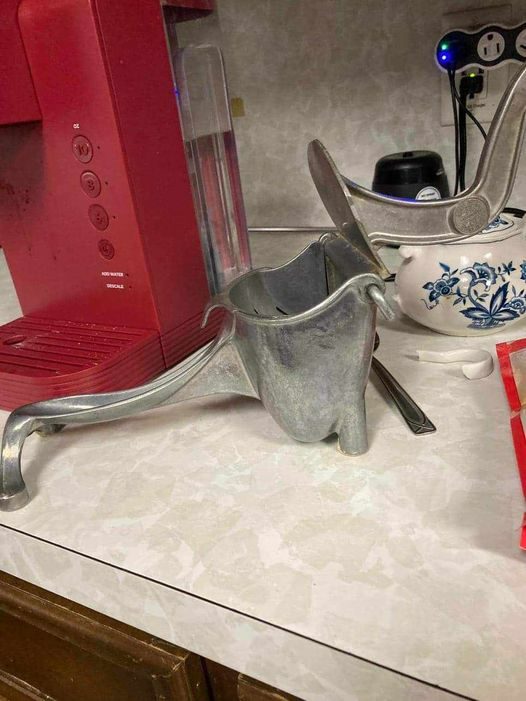Bette Midler, a celebrated actress with multiple Grammy Awards to her name, is most recognized for her performances in Hocus Pocus (1993), The First Wives Club (1996), and Beaches (1998). Despite her fame, she is still susceptible to experiencing feelings of sadness like any ordinary person.
During an interview with Oprah, Bette Midler referred to her nervous breakdown as an “episode.” The 76-year-old actress shared that she was falsely accused of seeking attention after starring in a film in the early 1980s, which led to her breakdown.
Given that Midler appeared in multiple films during the 1980s, it’s uncertain which one it is. There was Jinxed!, Down and Out in Beverly Hills, Ruthless People, Outrageous Fortune, Big Business, and Oliver & Company, to name a few hits from that era.

“It got to me,” Midler reacted strongly to the incident. “As a result, I became pretty sad and depressed.”
Midler stated: “I was crying so hard that I couldn’t get out of bed. What else could I call it? A nervous breakdown, of course.”
According to Dr. Dan Brennan, a nervous breakdown could also constitute a mental breakdown.
A nervous breakdown is a period of “extreme mental or emotional stress” that prevents a person from going about their daily activities.
Yet, the term “no longer used by professionals anymore” in the context of a nervous breakdown is generally associated with an underlying disease such as depression.
“Depression is more than just feeling unsatisfied or fed up for a few days,” according to the NHS.
When a person experiences “consistently sad for weeks or months,” depression is diagnosed.
A mental health disorder can cause long-term sorrow and despair.
Midler, fortunately, shares her optimism that the planet will one day cure itself.

“Even if the entire human race perishes because we continue to fight, kill each other, and be awful,” she told Oprah.
“It will eventually purify itself over millions of years, and new, possibly better, life forms will arise.”
Feeling optimistic about the future may signal that depression is decreasing.
“Treatment for depression may include a combination of lifestyle changes, talking therapy, and medication,” the NHS says.
According to a healthy body, moderate depression can improve independently, especially when accompanied by regular activity.
Cognitive behavioral therapy (CBT) may be suggested if exercise alone is ineffective.
Other lifestyle recommendations include minimizing (or eliminating) alcohol intake, stopping smoking, and eating healthfully.
Physical manifestations of depression include constipation and sleep difficulties.
In social situations, depressed person may ignore their hobbies and interests.



